Hollywood Shutdown: Actors And Writers On Strike — What This Means For The Industry

Table of Contents
The Actors' Strike: Demands and Impacts
The actors' strike, spearheaded by SAG-AFTRA (Screen Actors Guild - American Federation of Television and Radio Artists), is a powerful demonstration of the challenges faced by performers in the modern entertainment industry. Two core issues are driving this action: fair compensation in the streaming era and protection from the encroachment of AI.
Fair Wages and Residuals in the Streaming Era
The shift from traditional broadcast television to streaming platforms has dramatically altered the compensation landscape for actors. While streaming services generate billions in revenue, actors often receive significantly reduced residuals compared to their network television counterparts. This has created a precarious financial situation for many, particularly those not in the highest earning bracket.
- Specific Demands related to streaming residuals: SAG-AFTRA is demanding a fairer share of streaming revenue, including increased residuals based on viewership numbers and a more transparent accounting system.
- Impact on actors' livelihoods: Reduced residuals directly impact actors' ability to secure stable income, making it difficult to afford healthcare, maintain their careers, and plan for the future. Many actors rely on residuals to supplement their income between projects.
- Impact on career progression: The lack of sufficient compensation can discourage aspiring actors from pursuing their craft, leading to a less diverse and dynamic talent pool.
Protecting Actors from AI
The rise of AI in film and television production poses a significant threat to actors' livelihoods and creative control. The use of AI-generated imagery and deepfakes raises concerns about potential job displacement and the devaluation of actors' unique skills and performances.
- Concerns about AI replacement: SAG-AFTRA is worried that studios might use AI to replace actors, reducing the need for human performers and diminishing their value.
- Demands related to AI usage: The union is demanding regulations on the use of AI in the industry, including safeguards to prevent the unauthorized use of actors' likenesses and performances.
- Long-term impact on the profession: The unchecked proliferation of AI could fundamentally alter the creative process and the very nature of acting as a profession.
The Writers' Strike: Key Issues and Concerns
The Writers Guild of America (WGA) strike, which preceded the actors' strike, underscores the challenges faced by screenwriters in negotiating fair compensation and working conditions in the face of industry changes.
Fair Compensation and Working Conditions
Screenwriters often work long hours for relatively low pay, particularly on short-term contracts. The changing dynamics of the television industry, including shorter seasons and increased production demands, have exacerbated this issue.
- Challenges with declining wages: The WGA is demanding higher minimum wages and improved benefits to reflect the increased cost of living and the demands of their work.
- Demands related to healthcare and benefits: Access to affordable and comprehensive healthcare remains a crucial concern for writers.
- Impact on writers' ability to support themselves: Inadequate compensation makes it challenging for writers to support themselves and their families, hindering their ability to focus on their craft.
The Rise of AI and its Threat to Writers’ Jobs
AI writing tools pose a significant threat to writers' livelihoods. The use of AI to generate scripts raises concerns about intellectual property, originality, and the potential replacement of human writers.
- Concerns about AI writing tools: The WGA fears that studios might use AI to generate scripts, reducing the need for human writers and potentially lowering the quality of storytelling.
- Demands related to AI regulation: The union seeks regulations to prevent the unauthorized use of AI in screenwriting and protect writers' creative work.
- Impact on creativity and the future of screenwriting: The over-reliance on AI could stifle creativity and homogenize storytelling, diminishing the unique contributions of human writers.
The Ripple Effect: Impacts Beyond Hollywood
The "Hollywood Shutdown" extends far beyond the actors and writers themselves. The strike has created a significant ripple effect, impacting various sectors and the broader economy.
Economic Consequences: Production Delays and Job Losses
The halt in production has resulted in significant economic losses across the entertainment industry. Many related businesses, including catering services, location management, and transportation companies, are experiencing job losses and revenue shortfalls.
- Financial losses for studios and streaming platforms: Production delays translate into missed deadlines, potential revenue losses, and reputational damage.
- Impact on related industries: The strike is having a cascading effect on various sectors, including hotels, restaurants, and local businesses that rely on the film industry for revenue.
The Cultural Impact: Delayed Releases and Altered Programming
The strike's impact extends to the cultural landscape, affecting the release schedule of movies and TV shows, and altering viewing habits.
- Impact on release schedules: Numerous films and television programs have been delayed, impacting audience anticipation and potentially altering awards season.
- Effect on audience viewing habits: The lack of new content forces audiences to rely on existing material, potentially impacting viewership patterns and industry trends.
- Impact on awards season and film festivals: The strike could alter the composition and timing of major film festivals and award ceremonies.
Conclusion: The Future of Hollywood and Navigating the Post-Strike Landscape
The dual strike by actors and writers represents a critical juncture in the evolution of the entertainment industry. Both SAG-AFTRA and the WGA are demanding fair compensation, improved working conditions, and protection from the looming threat of AI. The "Hollywood Shutdown" has brought the industry to a standstill, highlighting the economic and cultural ramifications of these critical labor disputes. The outcome of these strikes will significantly shape the future of film and television production, impacting everything from creative processes to the financial stability of those working in the industry. The potential scenarios range from a negotiated settlement that addresses the core concerns of both sides to a prolonged stalemate that could lead to further industry upheaval. To stay informed about the ongoing developments and implications of this unprecedented “Hollywood Shutdown,” follow reputable news sources and the official statements from SAG-AFTRA and the WGA. Understanding the nuances of the actor strike, writer's strike, the roles of SAG-AFTRA and WGA, and their collective bargaining efforts is crucial for anyone invested in the future of the entertainment industry.

Featured Posts
-
 Understanding Luigi Mangiones Supporters Key Insights
Apr 28, 2025
Understanding Luigi Mangiones Supporters Key Insights
Apr 28, 2025 -
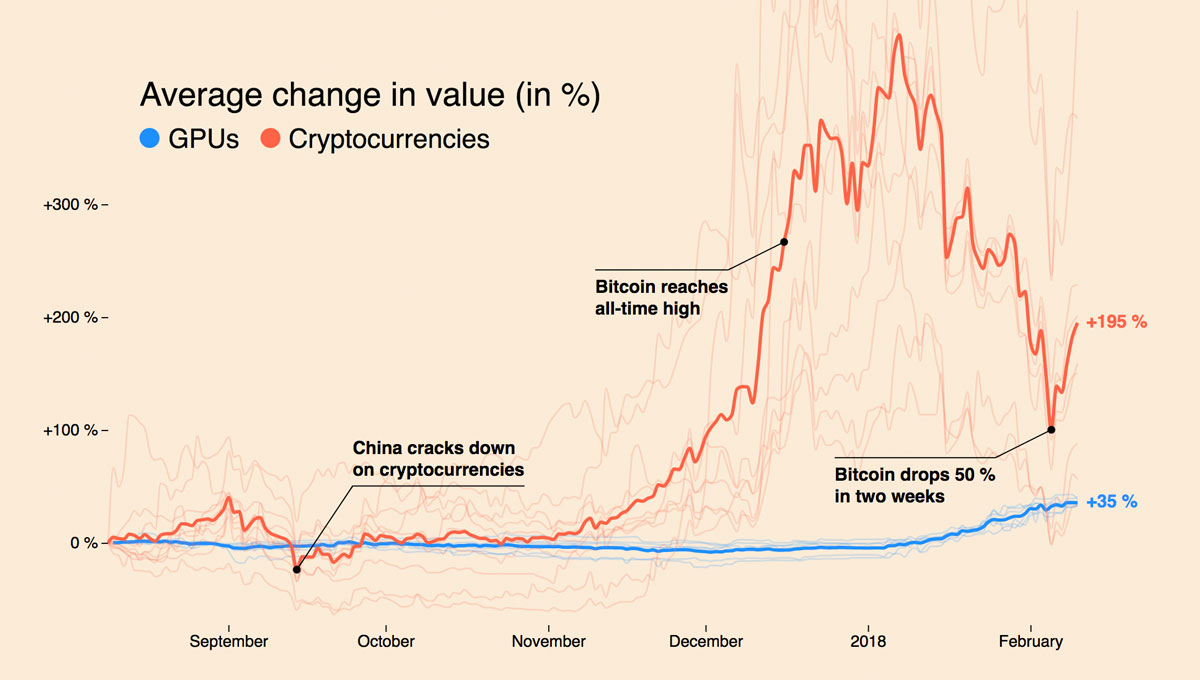 Are High Gpu Prices Here To Stay A Market Analysis
Apr 28, 2025
Are High Gpu Prices Here To Stay A Market Analysis
Apr 28, 2025 -
 Kuxius Solid State Power Bank Higher Cost Longer Life
Apr 28, 2025
Kuxius Solid State Power Bank Higher Cost Longer Life
Apr 28, 2025 -
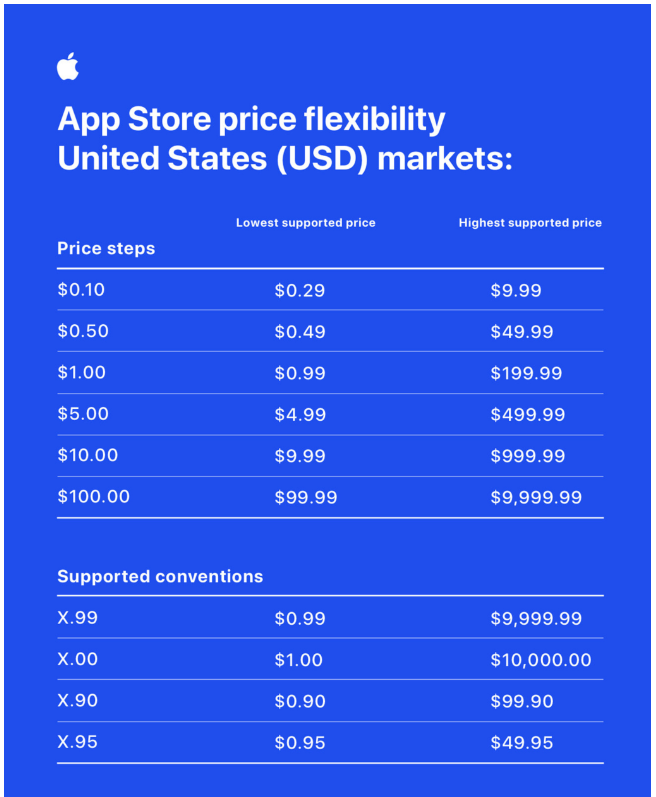 Gpu Price Hikes Factors Contributing To The Cost
Apr 28, 2025
Gpu Price Hikes Factors Contributing To The Cost
Apr 28, 2025 -
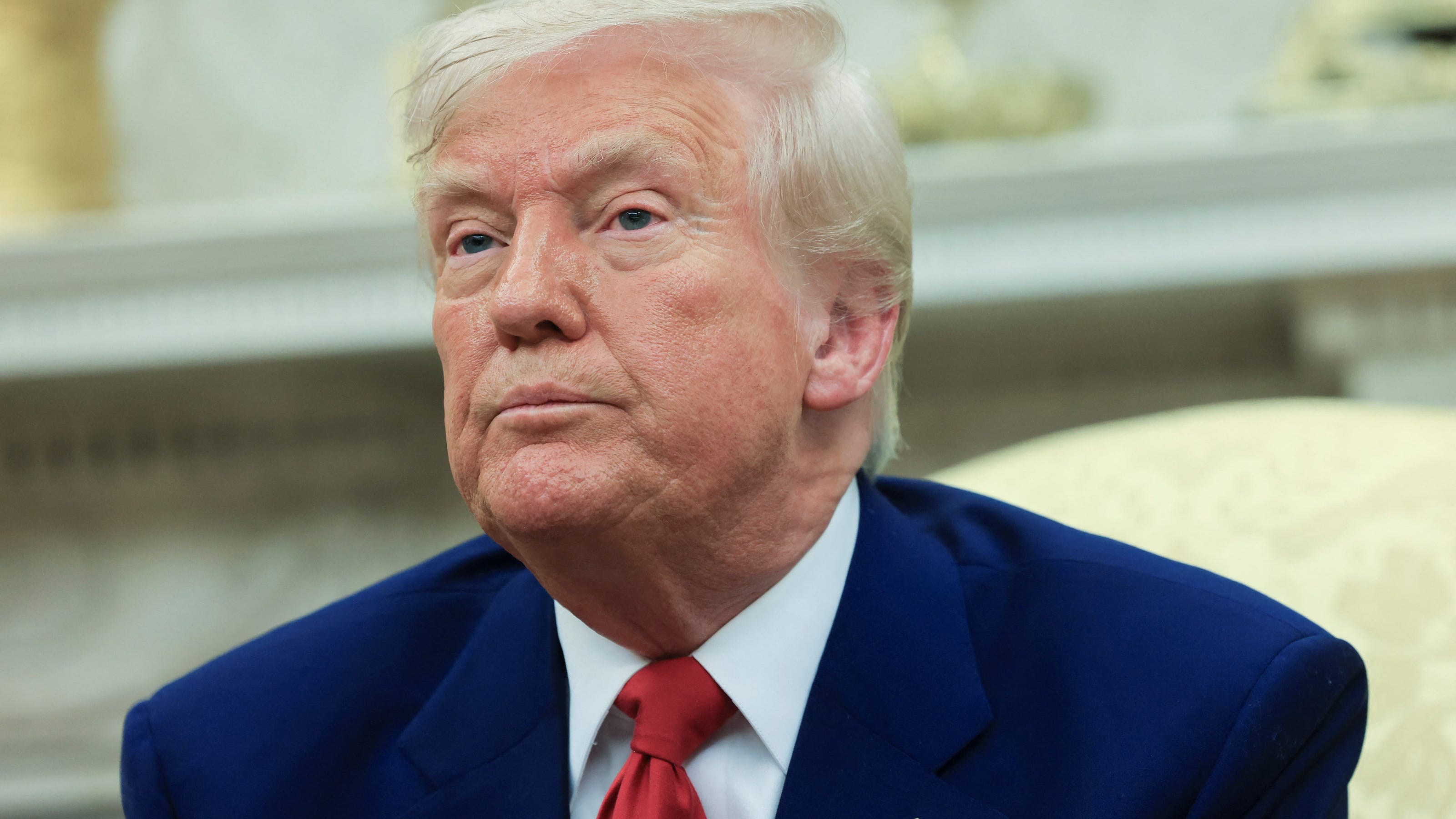 U S Iran Nuclear Talks Stalemate On Key Issues
Apr 28, 2025
U S Iran Nuclear Talks Stalemate On Key Issues
Apr 28, 2025
Latest Posts
-
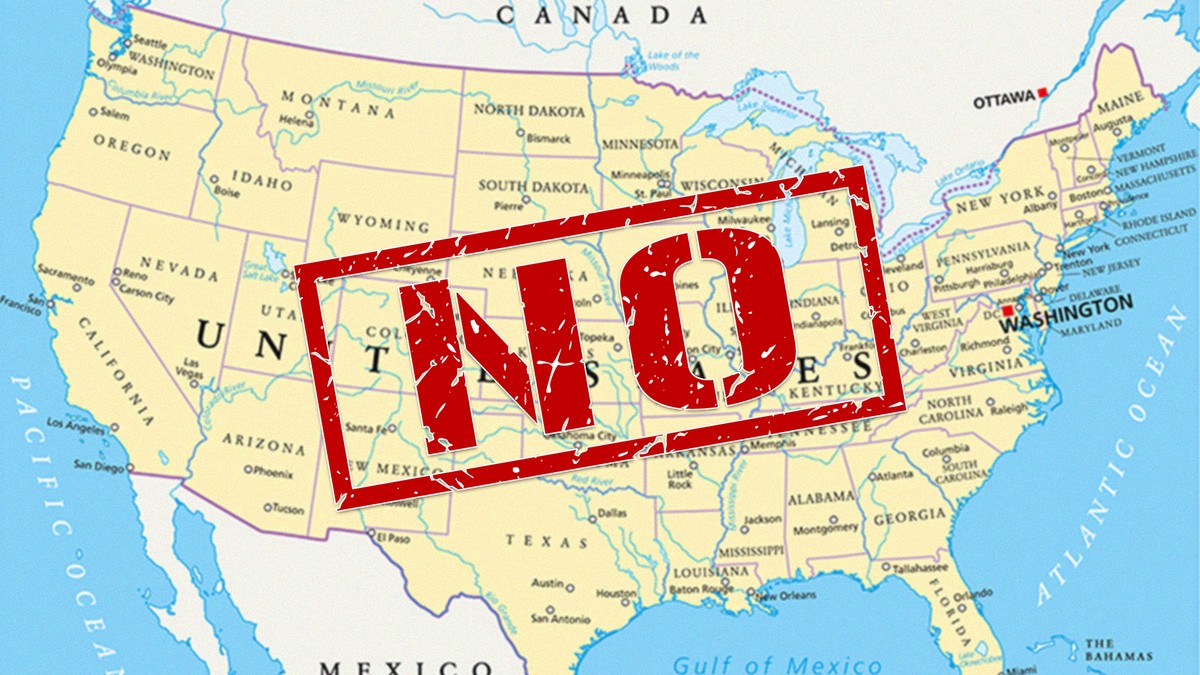 Assessing The Economic Fallout The Canadian Travel Boycott And The Us
Apr 28, 2025
Assessing The Economic Fallout The Canadian Travel Boycott And The Us
Apr 28, 2025 -
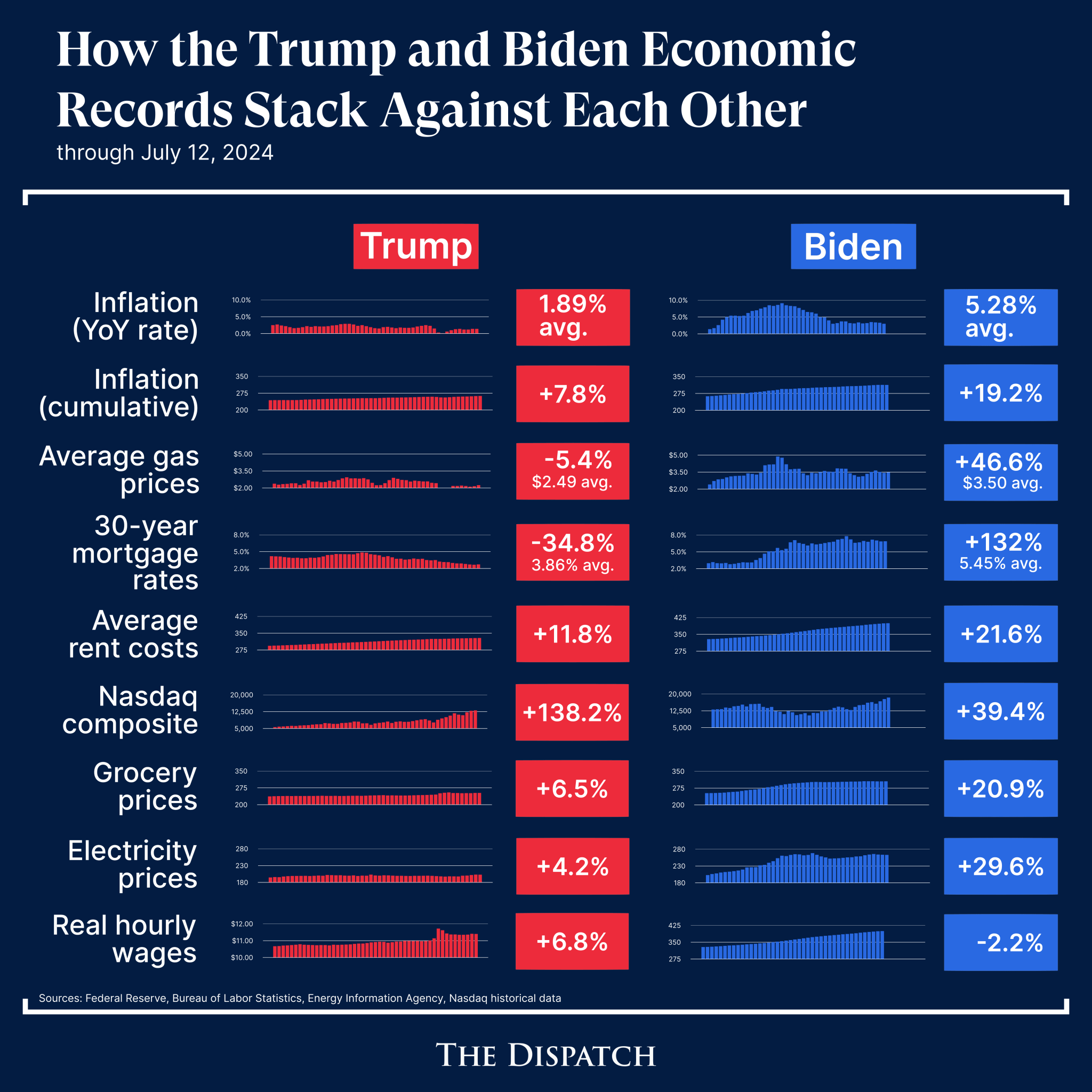 The Us Economy Under Pressure Assessing The Impact Of The Canadian Travel Boycott
Apr 28, 2025
The Us Economy Under Pressure Assessing The Impact Of The Canadian Travel Boycott
Apr 28, 2025 -
 Auto Dealers Push Back Against Mandatory Ev Quotas
Apr 28, 2025
Auto Dealers Push Back Against Mandatory Ev Quotas
Apr 28, 2025 -
 Cybercriminals Office365 Exploit Millions In Losses Reported
Apr 28, 2025
Cybercriminals Office365 Exploit Millions In Losses Reported
Apr 28, 2025 -
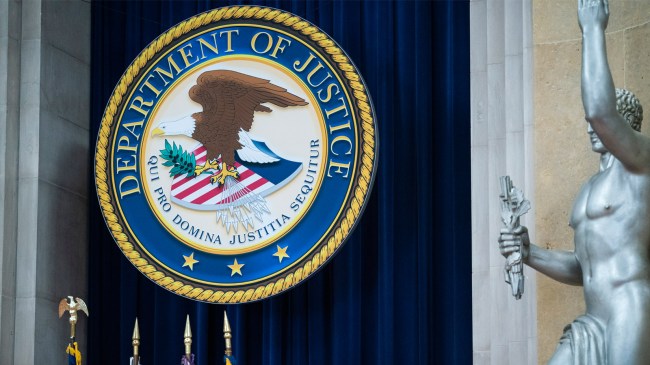 Execs Office365 Accounts Targeted Millions Made In Cybercrime Feds Reveal
Apr 28, 2025
Execs Office365 Accounts Targeted Millions Made In Cybercrime Feds Reveal
Apr 28, 2025
